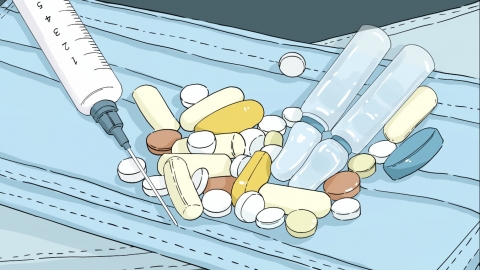Can protein hydrolysates improve cerebral atrophy?
Protein hydrolysates may have some improvement effects on mild cerebral atrophy, but the specific efficacy can vary due to individual differences, and they cannot cure cerebral atrophy. The patient's condition and physical status should be evaluated before use, and adverse reactions should be monitored during treatment. Detailed analysis is as follows:

Protein hydrolysates are small molecular substances, such as amino acids and peptides, obtained by the decomposition of proteins. They possess various bioactive properties and can promote the growth, repair, and regeneration of nerve cells. Protein hydrolysates can stimulate neural tissues to synthesize and release nerve growth factors, which play significant roles in the growth, differentiation, and repair of nerve cells. Additionally, protein hydrolysates have the ability to dilate blood vessels and increase blood flow, thereby improving cerebral blood circulation and providing nutrients and oxygen to nerve cells.
For patients with mild to moderate cerebral atrophy, protein hydrolysates may offer some benefits. They can alleviate symptoms caused by cerebral atrophy, such as cognitive impairment and memory loss. However, for patients with severe cerebral atrophy, where the disease progresses rapidly and the degree of lesions is profound, relying solely on protein hydrolysates may not achieve the desired therapeutic effects. In such cases, a comprehensive treatment approach, including physical therapy and rehabilitation training, should be considered.
During treatment, adverse reactions such as allergic responses should be monitored. If any adverse effects occur, administration should be stopped immediately and medical advice should be sought.








